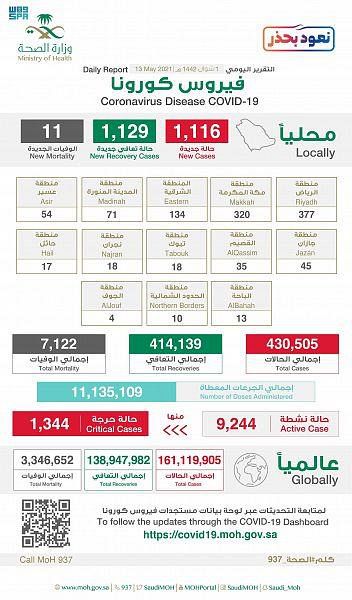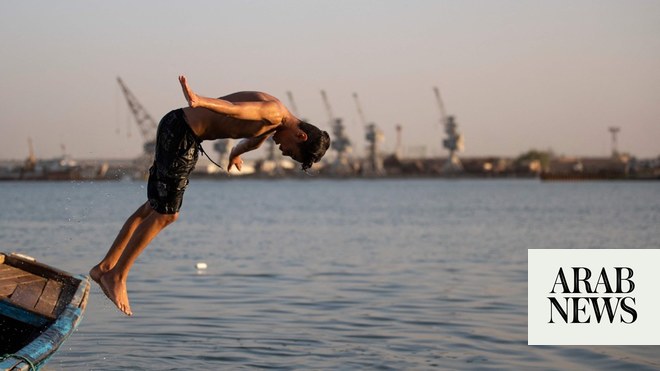
ike so much else in this current crisis, theatre training and education changed overnight. On the evening of Sunday 15 March, I and many others teaching at universities and drama schools were looking ahead to a week of lessons and wondering how to socially distance on the commute. By Monday afternoon, the shutters were coming down at higher education institutions across the country. Learning was suddenly a remote activity.
Universities and drama schools are now closed for the rest of the academic year, with teaching and assessment having shifted online. It’s a challenge for everyone, but especially for those subjects – like theatre – that usually rely on physical presence and contact. Just as theatres and artists are exploring ways to share their work digitally, teachers are suddenly forced to reimagine their courses for the online environment.
Drama schools have a particularly tough task. As Lamda’s director Sarah Frankcom stresses, it’s important to recognise that some aspects of actor training need to happen in a live space. “There is no point us pretending that we could do everything online,” she says, adding that the school has thought carefully about which elements of its teaching can be delivered digitally.
She is echoed by Edward Kemp, director of Rada, who says: “We know we won’t be able to recreate an identical experience to face-to-face teaching.” Similarly, Guildhall School has taken the decision to defer some teaching until the autumn, when they hope that they can return to face-to-face learning.
Schools are trying to respond creatively to the pandemic. First-year acting students at Guildhall are devising a piece of online work about coronavirus with a professional theatre-maker, while the school is putting together a “virtual festival” of workshops, masterclasses and projects for final-year students.
One of the challenges is how to hold on to the collaborative and collegial aspects of theatre training while maintaining social distancing. Rada students are remaining in touch through a weekly newsletter where they can share ideas. Another solution is suggested by the Royal Conservatoire of Scotland, which has set up a digital platform called RCS at Home to keep students and staff connected. The platform includes music, screenings, messages, advice and talks from researchers.
A virtual scratch space has been created for Lamda students to share the creative work they’re making, while the focus of much of the school’s teaching has turned to individual development of voice and movement. Students record themselves completing physical or vocal exercises and share these with their teachers before receiving one-to-one feedback. “The teacher is coming in later in the process but with more specialised attention,” explains Frankcom.
One silver lining of this difficult situation is the solidarity and support emerging in a sector that’s often forced to compete for students and resources. Across Google docs, Facebook groups and Zoom webinars, teachers of theatre from all over the world are sharing techniques and ideas, from movement exercises on TikTok to online improv games. As Frankcom and others emphasise, educators will need to collectively reflect, share and work together to get through this crisis.
For students who are due to graduate this summer and whose final performances and showcases have been cancelled or postponed, the impact of the pandemic is devastating. Drama schools including Mountview and Guildford School of Acting have responded by creating online showcases for their graduating students, while final-term productions at Lamda and in many university drama departments have been reinvented as online projects.
The theatre industry has also got creative, setting up various networks of remote support for students. Actors Olivia Beardsley and Isaac Stanmore have set up an online showcase platform for graduating drama school students, while Twitter is full of offers of help, advice and publicity. Rather than cancelling, the annual National Student Drama Festival moved rapidly online, offering more than 30 free workshops over Zoom and Facebook in the first week of April.
All this might just be a taste of what’s to come. “I’ve got no idea what industry we’re training them for now,” says Frankcom, speculating that parts of the theatre-making process might continue to take place remotely for months or even years. It’s important that students are fluent in digital creation. “We’ve got a responsibility to get our students as confident and as playful and as creatively in tune as possible with the platforms they’re now using,” she says.
She and Kemp stress the importance of supporting wellbeing and resiliencee. “Staff and students are adapting to working in less than ideal situations, whether because of worries about family and friends, access to technology, or sharing living and working spaces,” says Kemp.
But there may be unexpected opportunities for the students who are training during this crisis. “They will be the first year that’s straddled both worlds,” Frankcom suggests. “They can be ahead of the curve.” This situation also poses for drama students the same daunting yet creative question that theatre-makers everywhere are now facing: “How do you respond as an artist to living in an extraordinary time?”












